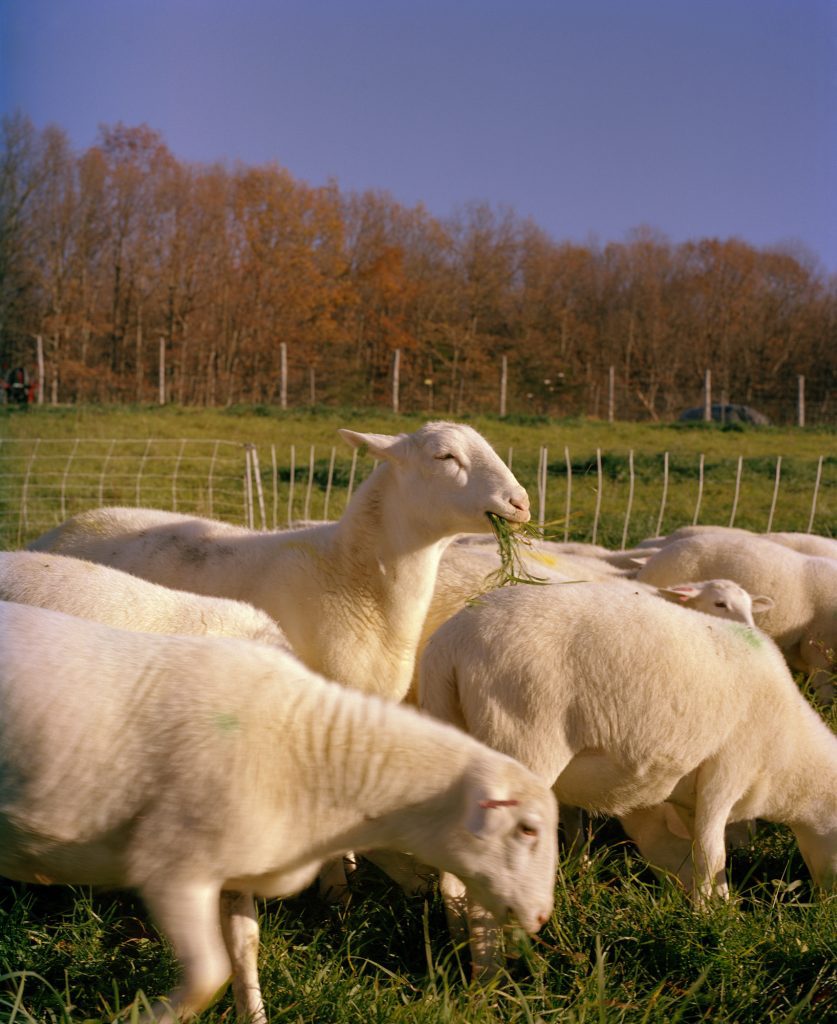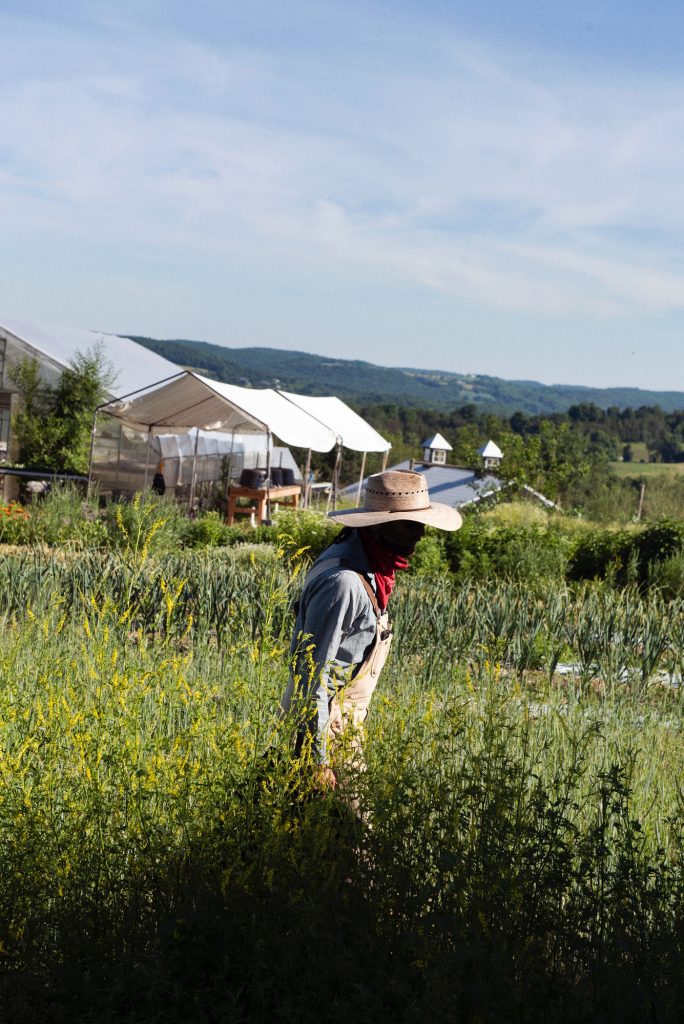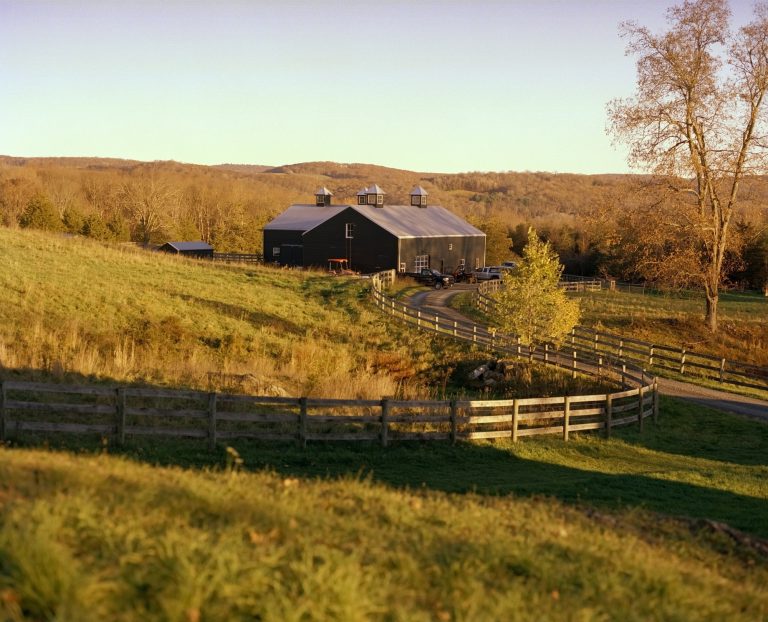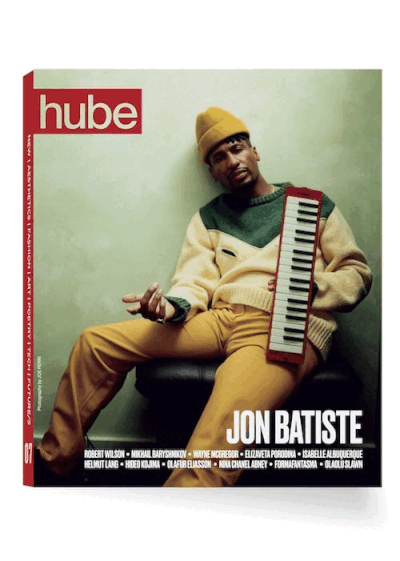

Co-founded by Daphne Seybold and Dan Colen, Sky High Farm Universe is a brand born out of a mission to support food equity and sustainability. Through fashion, beauty, and creative collaborations, Sky High Farm Universe works with the fashion world to address urgent issues surrounding food access and agricultural justice and bring a fresh perspective to conscious consumerism.
hube: How do you infuse the narrative of Sky High Farm’s mission into the design and storytelling of your fashion collaborations, and what has been the most impactful story told so far?
Daphne Seybold: That’s a hard one to kick off because there are so many facets. The brand’s main reason for existing is to help generate revenue and advocacy through education for the work of Sky High Farm, the nonprofit. The farm’s work is worth dwelling on because, without it, there’s no mission or purpose for the brand. The farm focuses on creating equity within the food system, really leaning into pathways toward food sovereignty. These are serious issues, right? They tackle this through urgent food access work, a global grants program that gives out $350,000 to farmers who are unseen by the system, educational programming, and fellowships for those who want to enter the food system but lack training or access to it.
So, the farm grapples with these urgent issues, and the brand is built to share these issues on a wider platform through our designs and storytelling. We do so in an uplifting and engaging way, largely through pop culture. Many people are aware of the problems but may not know how to get involved or can’t write the kind of checks needed to make a difference. The brand’s goal is to talk about regenerative agriculture and equity in the food system through our collections and designs.
h: Sky High Farm Universe sits at the crossroads of art, fashion and agriculture. Could you share an example of a project where these elements beautifully intersected to create something truly unique?
DS: One is with Balenciaga. They donated merchandise that had already been through the sales cycle and was unsold. We customised these pieces with artwork from our community, including photography by Ryan McGinley and a campaign shot by Nadia Lee Cohen. We then sold these pieces through Dover Street Market, with 100% of profits going to the farm. This project brought together high-level artistry, deadstock products, and a retail platform for a greater cause.
Another project was with Nike and the artist KAWS, Brian Donnelly. He reinterpreted our logos, and we customised surplus Nike Air Force 1 sneakers and other garments with his artwork. This collaboration also helped spread our message to a broader audience, some of whom may not typically engage with food sovereignty messaging.

